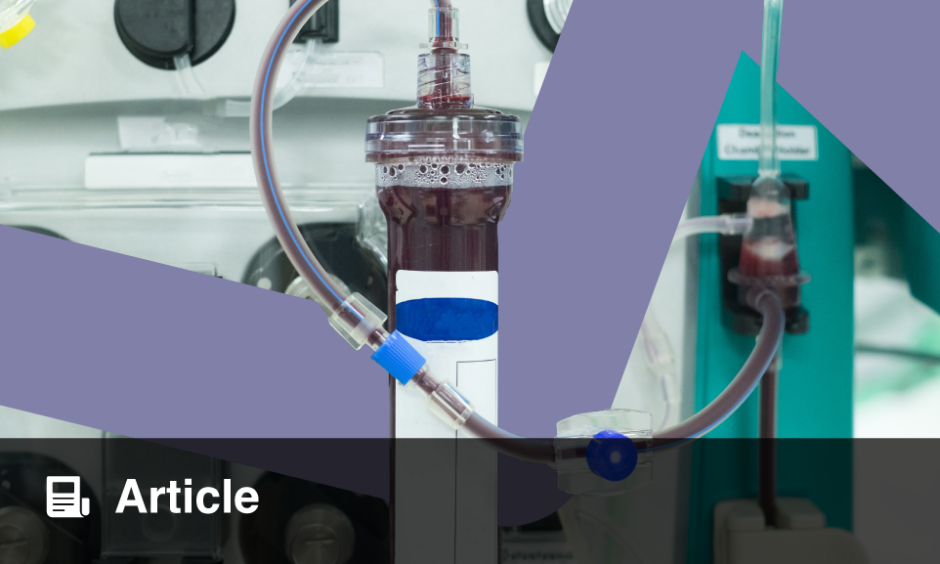A RECENT study by Christopher Wasco, Department of Internal Medicine, Riverside Methodist Hospital, Ohio, USA, and colleagues, delved into the prevalence of hypertension among young adults experiencing palpitations without any known arrhythmic cause. In this study, surprisingly, 16% of the patients referred for evaluation were found to have no identifiable cause for their palpitations. However, the researchers found a significant link between hypertension and palpitations, shedding light on a previously unclear area.
Among 18–39-year-olds, hypertension affects approximately 22.4% of the population, but its relationship with palpitations in this age group was not well understood. To explore this, the researchers conducted a study between 1st January 2016–31st December 2021 to assess the incidence and prevalence of hypertension over 5 years in 18–40-year-olds referred for palpitations with no known arrhythmic cause.
The study found that, over a span of 2.2 years (ranging from 0.7–4.1), there was a notable increase in the diagnosis of Stage 1 and Stage 2 hypertension among patients, with a rise from 16–72% in prevalence (P<0.0001). Several factors were associated with hypertension among these patients. Those diagnosed were more likely to be obese, with a higher BMI compared to their non-hypertensive counterparts. They also had a higher usage of non-steroidal anti-inflammatory drugs, and a stronger family history of hypertension. Additionally, their blood pressure readings, both systolic and diastolic, were significantly elevated.
The study, which primarily focused on young, female patients from a White ethnic background, underscores the need for further investigation into the potential role of untreated hypertension in causing palpitations in this demographic. This study also highlights the importance of considering hypertension as a potential factor in the evaluation and management of palpitations among young adults.
Reference
Wasco C et al. Incidence and prevalence of hypertension in 18–40‐year‐old patients referred for palpitations with normal cardiac monitor findings. J of Clinical Hypertens (Greenwich). 2024;DOI:10.1111/jch.14813.








